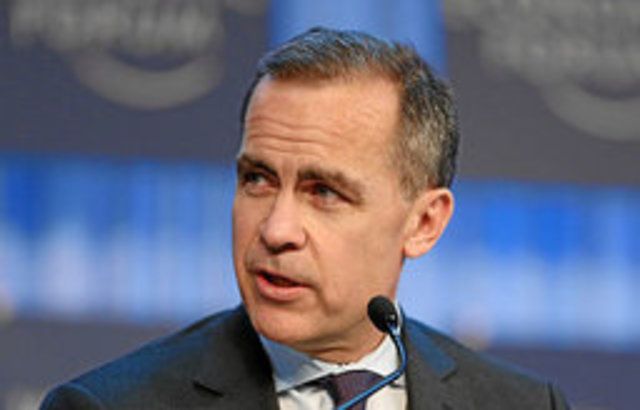Asset managers and analysts alike have agreed a reversal of the Bank of England’s 0.25% rate cut last August is imminent and expect a hike by the end of this year, but differ on how much impact this will have on the ailing economy.
Weak growth has underpinned the UK since the financial crisis, dragged down by stagnant productivity and a consumer squeeze and it is likely nothing the central bank does will be enough given the root and branch issues holding the country back.
Darius McDermott, managing director at Chelsea Financial Services, outlined the bank’s tricky position and says: “The Bank of England is stuck between a rock and a hard place. If they don’t raise interest rates in November as is anticipated by some, inflation will continue to bite.
“If they do, they run the risk of slowing the consumer even more,” he adds.
Bleak future for the UK economy?
Plagued with a Brexit referendum result that has shaken the boots of government, financial services and industry, the future for the economy looks benign at best, bleak at worst.
Even as other countries appear to have found a hook to hang some form of recovery on, the UK has lagged behind with growth losing momentum, slowing to 1.8% in 2016 before dropping off to 1.1% in the first six months of 2017.
While not immediately alarming, and far from recession territory, this low growth and the struggle the UK faces were soundly reinforced by a report from the OECD on Tuesday.
“Aggregate productivity is stagnant and growth fell significantly in the first half of 2017,” the report says, adding that it has “held back real wages and real GDP per capita”.
Despite UK productivity matching the average for OECD countries, the report states it falls far behind that seen in the US, France and Germany. It comes in 20-25% lower, in fact.
Brexit could reduce the figure by a further 3%, the OECD adds, through a combination of tighter trade barriers, weaker research and development and diminishing pool of skills. Lower immigration would do nothing but harm it further.
It is this “disappointingly low” productivity that Quilter Cheviot’s Richard Carter has tipped as one of the key reasons for the OBR’s expected reduction of UK growth forecasts.
It leaves the Chancellor in a similarly tricky position to the Bank of England as he approaches the Autumn budget, which again will likely have little impact on markets.
“This will leave Chancellor Phillip Hammond very little room for manoeuvre despite the fact that recent tax receipts have actually been quite strong,” Carter, head of fixed interest research, says.
“Many Tory MPs would like Hammond to ease austerity measures, increase public sector pay and also somehow plan for the possibility of no Brexit deal but the public finances probably don’t allow it.
“We expect a no-frills budget with limited economic impact – the market’s focus is likely to remain squarely on the progress of negotiations with the EU.”
The limited boost to the economy and continued expectation of mundane growth has raised doubts over what exactly the BofE could do once it raises rates once this year.
Limited options for the Bank of England
Nathan Sweeney, senior investment manager at Architas, says: “We believe the ability of the Bank of England to enter a rate rising cycle is severely limited by the slowing growth we are seeing in the UK.
“In the face of high inflation we are still seeing little wage growth so the pressure is continuing to grow on UK households. This will make it hard for the bank to make any sustained move to raise rates in the short to medium term.”
So, enjoy the rate rise in November if it comes, it could be one of the few excitements around in an economy stuck in the middle of a lengthy divorce from the EU, the result of which is ultimately the only deciding factor in whether the UK sinks or swims.







